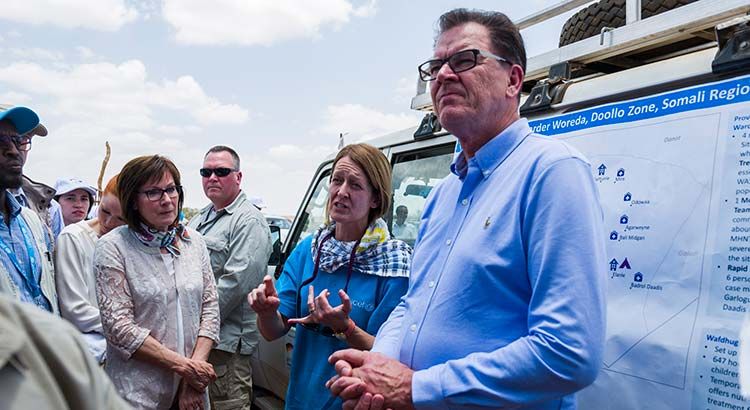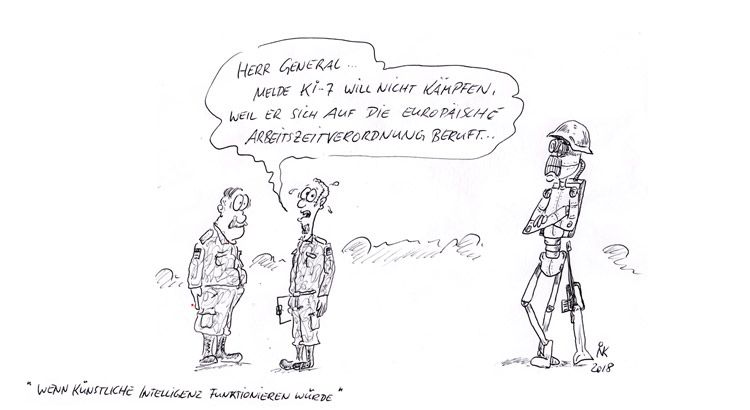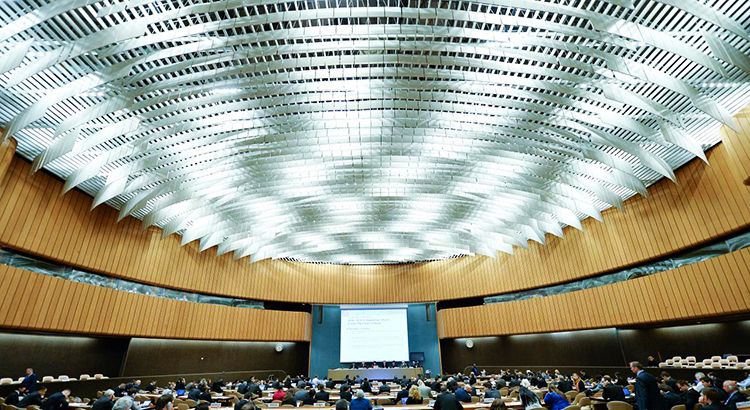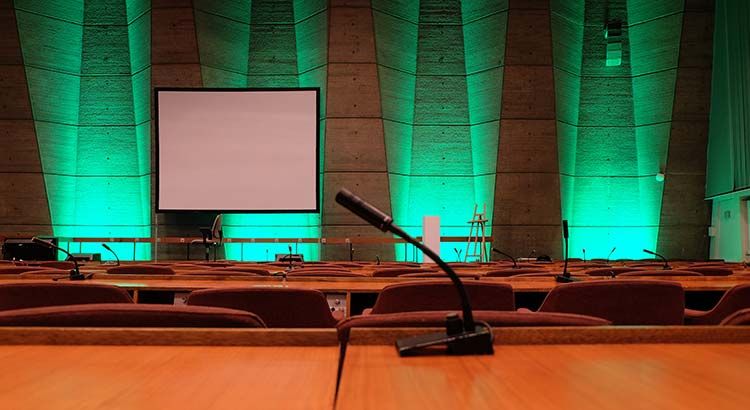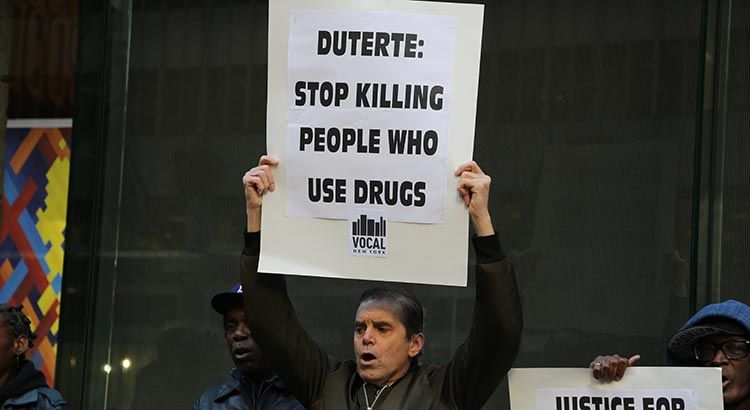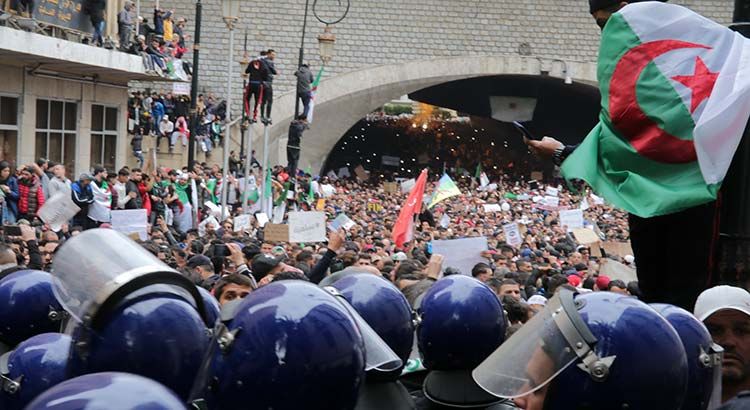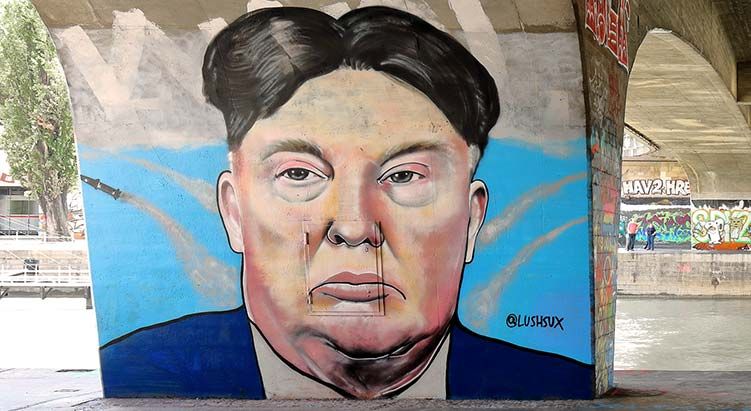Year: 2019
Trotz anderslautender Vereinbarungen im Koalitionsvertrag steht dem Bundesministerium für...
Murmeltiertag in Genf: Probleme, Knackpunkte, mögliche Lösungen
Die Beratungen über ein mögliches Verbot autonomer Waffen gehen in eine kritische Phase (siehe...
Durchbruch oder Sackgasse? Die Debatte zu letalen autonomen Waffensystemen geht in Genf in die vielleicht letzte Runde
Es ist wieder Murmeltiertag. Heute trifft zum inzwischen siebten Mal in Genf die Group of...
Saving Multilateralism in Times of Trump: What Can Europe Do?
The Trump administration’s recent statements and actions have removed any doubt that it is set on...
Far-right terrorism: Academically neglected and understudied
The terrorist attack in New Zealand which resulted in 50 deaths and multiple injuries is a bloody...
Duterte’s war against drugs in the Philippines: Continuity and change
Since the election of Rodrigo Duterte to President of the Philippines, the Philippine National...
Proteste in Algerien: Was wir von Ägypten und Tunesien lernen können
Seit Wochen kommt es in Algerien zu Protesten gegen eine fünfte Amtszeit des Präsidenten...
Military cooperation in the Sahel: Much to do to protect civilians
With the emergence of the G5 Sahel cooperation and the creation of a distinct military force –...
Zum offenen Ende des 2. Trump-Kim-Gipfels in Hanoi: Weder Scheitern noch Durchbruch
Der Gipfel zwischen US-Präsident Donald Trump und Nordkoreas Führer Kim Jong-un letzte Woche in...
Gemeinnützigkeit in Deutschland: Karneval und Religion ja, Politik und Menschenrechte nein
In einem Aufsehen erregenden Urteil hat der Bundesfinanzhof die Entscheidung des Hessischen...
